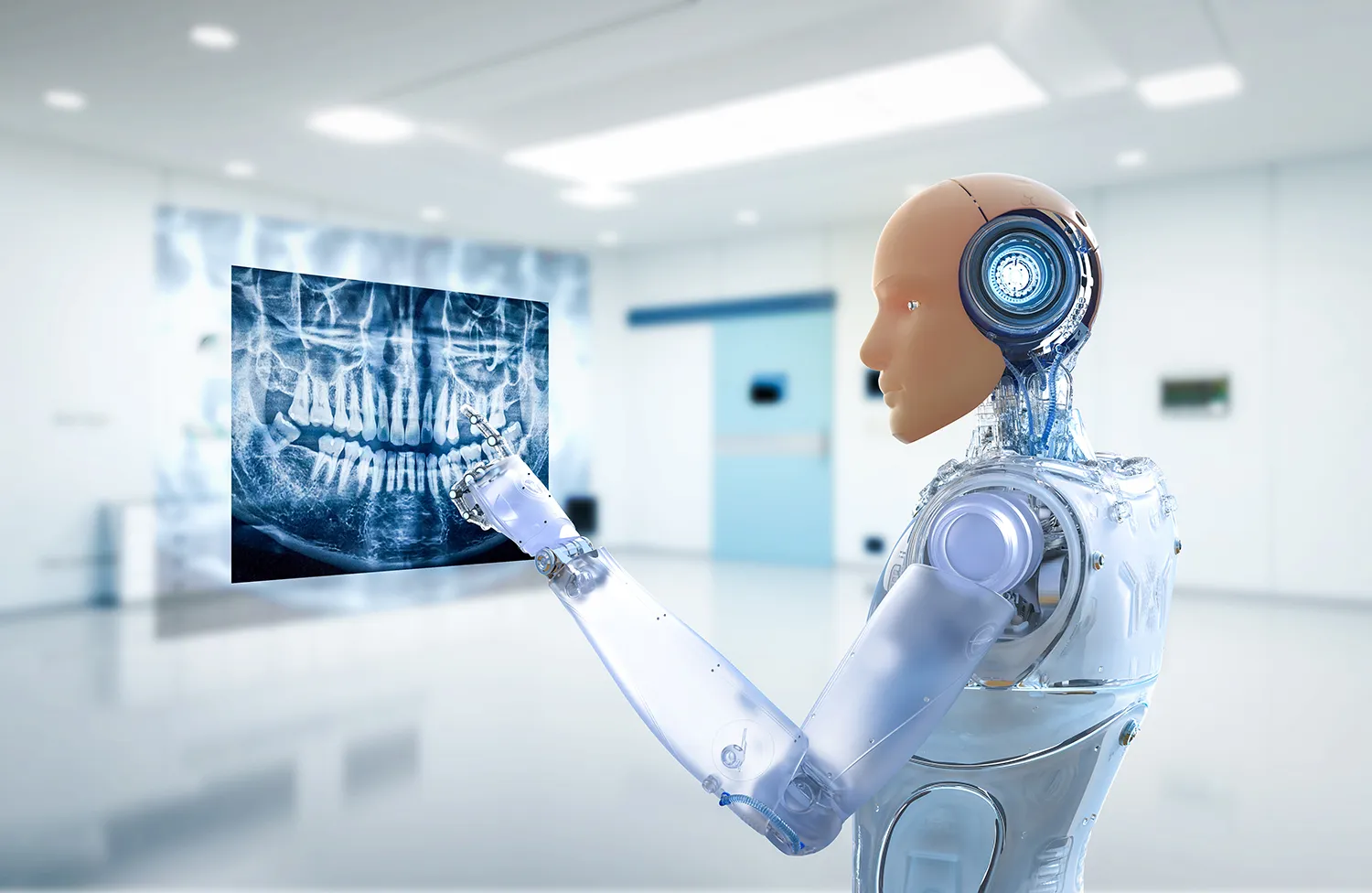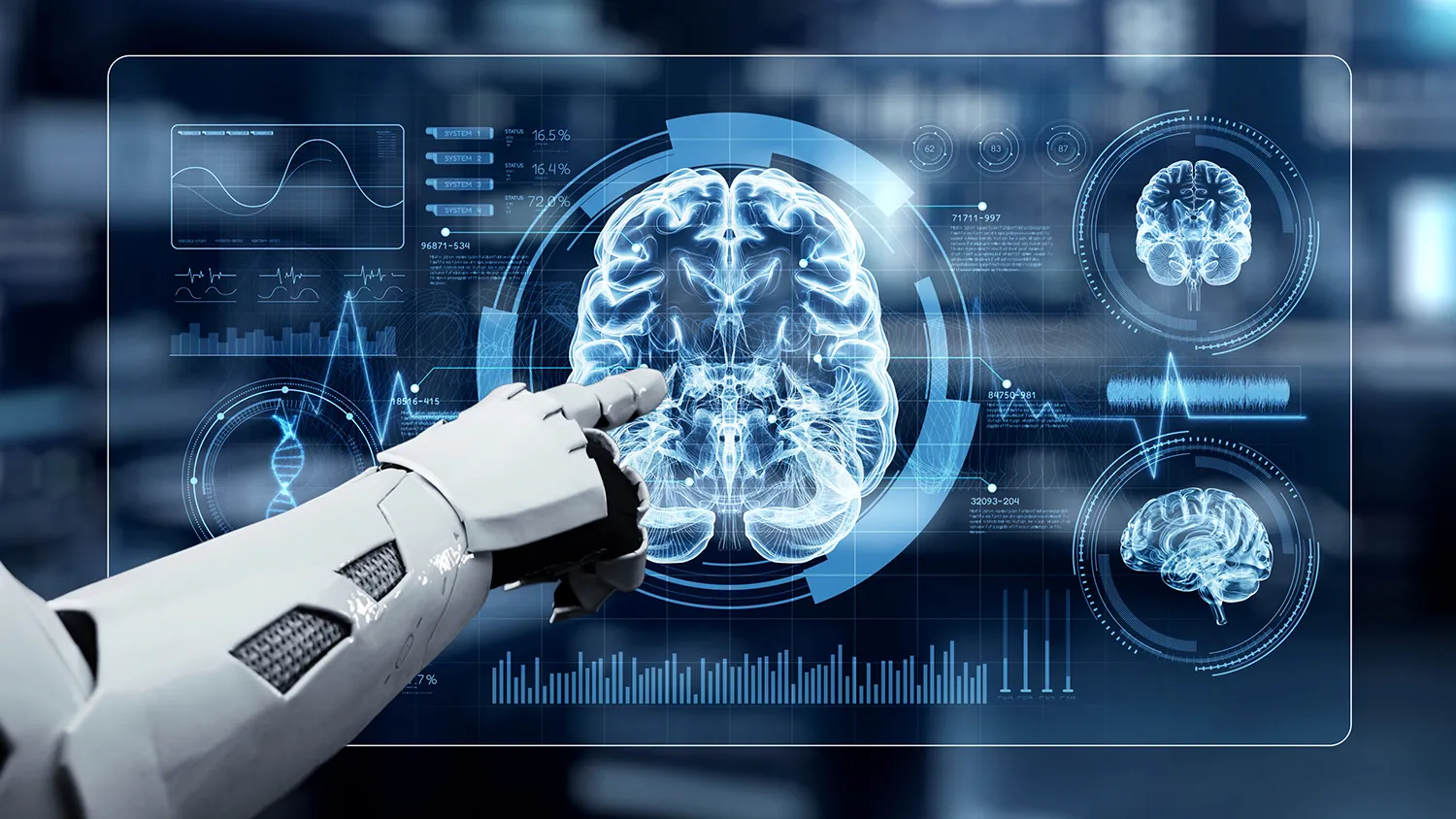When the Heart Talks to the Machine: How Russian AI is Saving Lives

Russian researchers have developed an AI system that detects unstable atherosclerotic plaques in under a second—offering a major breakthrough in preventive cardiology and potentially transforming global diagnostic practices.
A New Chapter in Cardiology
At the Research Institute for Complex Cardiovascular Problems (RICCP) in Kemerovo, scientists have developed an AI system that identifies unstable atherosclerotic plaques—one of the leading causes of myocardial infarction—in under 400 milliseconds.
While experienced cardiologists typically spend 10 to 30 minutes interpreting optical coherence tomography (OCT) scans, the Russian algorithm completes the task almost instantly. After two years of training, the neural network can now pinpoint life-threatening vascular changes with high accuracy. Implementation across Russian clinics could significantly improve both the speed and quality of cardiovascular diagnostics.

AI in a Lab Coat
The system was designed to analyze OCT images—one of the most accurate tools for assessing blood vessel conditions. It doesn’t just identify plaques; it classifies them by risk level. This allows clinicians to make immediate treatment decisions, reducing critical response time during cardiac events. Leading cardiology centers across Russia have expressed interest, with pilot programs scheduled in the coming months. For clinicians, this isn’t just a tool, it’s a reliable second opinion. The results have already been published in leading Russian journals and presented at international conferences.
Why It Matters
For the medical community, the technology represents a breakthrough in diagnostic speed. For patients, it offers a better chance of survival when every second counts. And for healthcare systems, it ensures more efficient allocation of skilled labor—allowing physicians to focus on care rather than data analysis. Globally, the technology is poised to compete in the growing market for preventive cardiology tools. While AI adoption is accelerating worldwide, Russia now offers a solution that has already proven its value in clinical settings.

From the Heart to the Whole Body
The RICCP’s success adds to a growing list of Russian-made medical AI tools. Since 2019, Russia has developed systems for ophthalmology, dermatology, and cardiac MRI analysis. AI platforms like MyI Net identify heart tissue scarring, and networks in Orenburg have been trained to detect oncological and retinal conditions. But cardiology remains one of the most complex diagnostic fields. This latest development signals a shift—AI is no longer experimental. It’s becoming a vital part of clinical care.

Export Potential and Next Steps
The technology has already gained international attention and could soon appear in top-tier scientific journals. Russia aims to export the system to countries in need of fast and reliable diagnostics, particularly where resources are limited. Future iterations will include modules for CT and MRI diagnostics, as well as cloud-based versions for regional clinics. Plans also call for integration with decision support tools and telemedicine platforms.
With active support from scientific foundations, a growing body of research, and collaboration between universities, medical centers, and research institutes, Russia is creating a robust ecosystem for medical AI. In the next one to two years, clinical trials, regulatory work, and physician training are expected. Within three to five years, the country could expand into stroke and vascular disease diagnostics, exporting fully integrated platforms internationally.










































